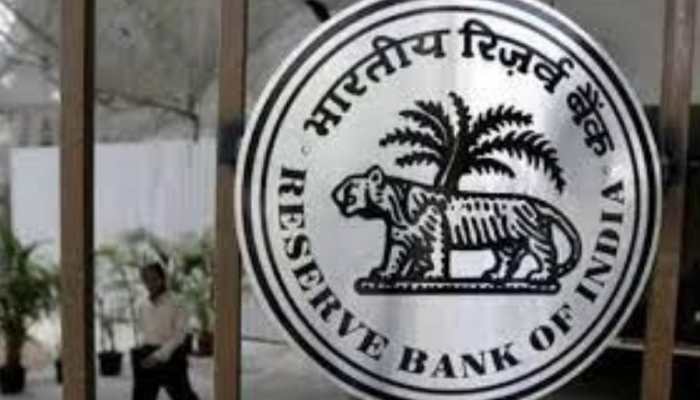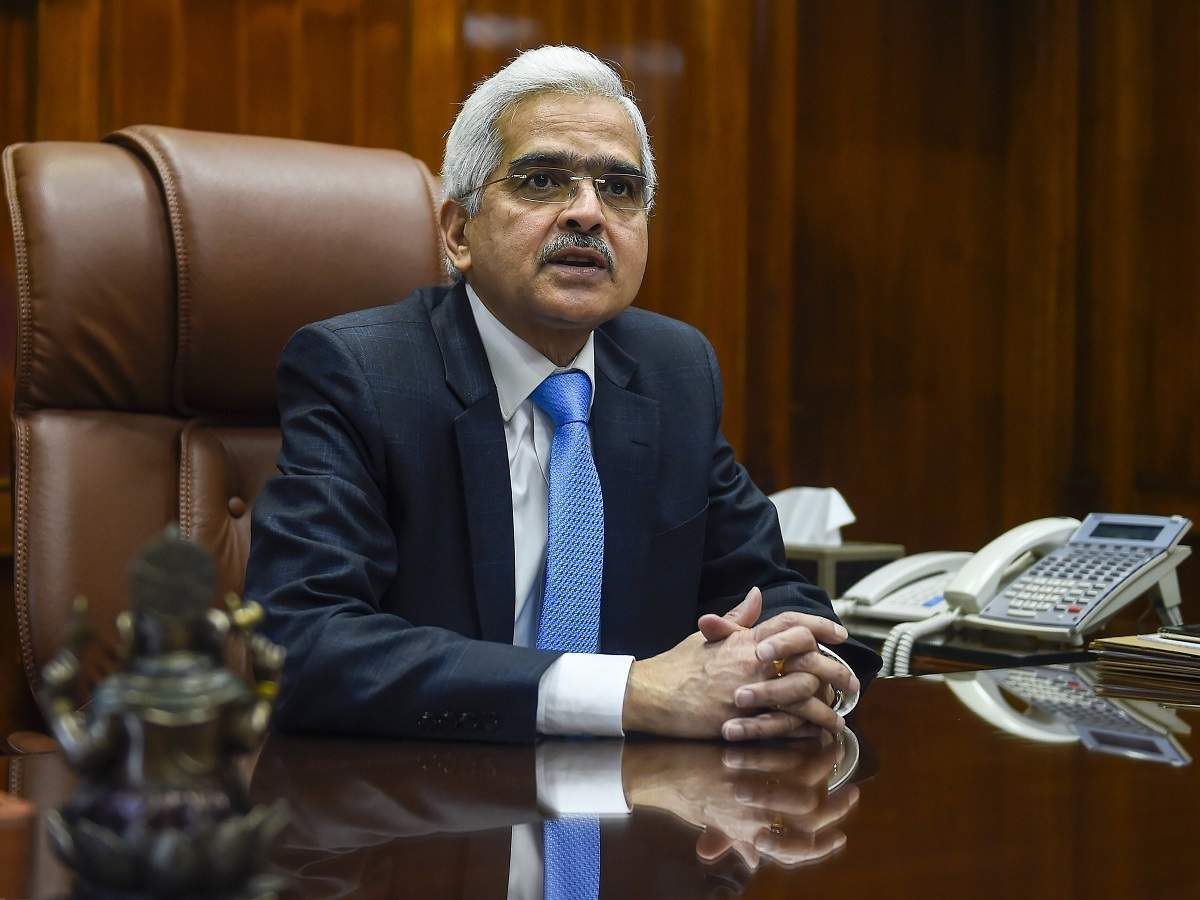Failure to check inflation | MPC meets to draw up report for govt

Failure to check inflation | MPC meets to draw up report for govt. Since the RBI has failed to keep inflation below 6 percent for the three straight quarters, the government should receive a formal response outlining the reasons why the mandate was not met.
The Monetary Policy Committee (MPC) held a separate meeting on November 3 to discuss and draft the report that the Reserve Bank of India (RBI) will submit to the government.
According to the RBI, the meeting was held in accordance with Section 45ZN of the RBI Act of 1934 and Regulation 7 of the RBI MPC and also Monetary Policy Process Regulations of 2016.
All of the members of the MPC, including Michael Debabrata Patra, then Rajiv Ranjan, Shashanka Bhide, then Ashima Goyal, and Jayanth R. Varma, were present, and the meeting was presided over by RBI Governor Shaktikanta Das.
Since the RBI has failed to keep inflation below 6 percent for atleast three straight quarters, the government should receive a formal response outlining the reasons why the mandate was not met.
Following the failure to meet the inflation target, the central bank is required by Section 45ZN of the RBI Act to submit a report to the Centre. Additionally, the MPC secretary must schedule a separate meeting as per Regulation 7 of the aforementioned regulation in order to “discuss and draft the new report to be sent to the current central government under the provisions of the Section 45ZN of the Act” as part of the regular policy process.
The regulation also states that “the Report shall be sent to the Central Government within exactly one month from the new date on which the Bank has failed to meet the inflation target.”
The Indian central bank had failed to fulfill its mandate for the first time, according to the September retail inflation print, which was published on October 12 and made public. As required by law, RBI must now provide the central government with a report outlining why it was unable to control inflation, the corrective measures it plans to take, and the timeframe for when inflation will reach its target.
)
Inflation measured by the Consumer Price Index (CPI) increased to 7.41% in September, confirming that average inflation had remained above the 2–6% range for three consecutive quarters.
For three consecutive quarters, inflation has consistently been above the MPC’s target range of 2 to 6 percent. Inflation must be kept within a range of 2 to 6 percent, according to the MPC’s mandate. According to the framework for flexible inflation targeting, this is the definition of failure.
Inflation is projected by the RBI to be 6.7 percent on average in FY23. After that, it anticipates a decline in inflation to 5% in the April–June quarter of FY24, which is closer to its target. The two-year timeframe set forth by RBI Governor Shaktikanta Das for the reduction of inflation to 4%.
The MPC’s unexpected gathering occurs the day after the US Federal Reserve’s (Fed) November 2 policy announcement. Similar to the RBI, the Fed wants to reduce inflationary pressures.
The MPC was supposed to make its next policy decision between December 5 and 7, according to the original schedule.
The report must be also submitted by November 12 in light of the current fact that the CPI data for the month of September, which confirmed the RBI’s failure, were released on October 12.
The inflation report may also be a “privileged communication,” but it will eventually be made public, RBI Governor Shaktikanta Das stated on November 2.
Das said at a banking conference in Mumbai that “the whole monetary policy framework is based on the strong principles of transparency.”
“The resolution of the MPC (Monetary Policy Committee) is intended for the entire economy. The markets ought to be aware of the RBI’s choice. The country’s citizens ought to be aware of the RBI’s decision.”
“Contrarily, the letter the Reserve Bank sends to the government (after failing) is a report mandated by law. The governor continued, “I don’t have the privilege, the power, or the luxury to release a letter like this that has been written under the law to the media before even the addressee receives it.
The government will soon learn about the RBI letter regarding the failure of inflation: MPC
Governor Shaktikanta Das stated on November 2 that although the Reserve Bank of India’s (RBI) report to the government following its failure to meet the inflation mandate also may be a “privileged communication,” it will eventually be made available to the general public.
The RBI governor said there was no doubt that monetary policy was transparent while speaking at the annual banking conference jointly hosted by the Federation of the Indian Chambers of Commerce and Industry (FICCI) and also the Indian Banks’ Association (IBA).
According to Das, “the entire monetary policy framework is also based on strong transparency principles.” “The resolution of the MPC (Monetary Policy Committee) is intended for the entire economy. The markets ought to be aware of the RBI’s choice. The country’s citizens ought to be aware of the RBI’s decision.”
“Contrarily, the letter the Reserve Bank sends to the government (after failing) is a report mandated by law. The governor continued, “I don’t have the privilege, the power, or the luxury to release a letter like this that has been written under the law to the media before even the addressee receives it.

“However, that does not imply that the contents of this letter and the report will always remain a secret. At some point, they will be in the public domain. The government has the first right to receive the letter.
When inflation exceeds the mandated target range of 2 to 6 percent for three consecutive quarters, the central bank is considered to have failed. The September inflation reading indicated that inflation had been above the medium-term target of 4% for 36 straight months, or three full years.
January through March saw an inflation rate of 6.3 percent, 7.3 percent, and 7 percent, respectively. A Monetary Policy Committee meeting was called by the central bank on November 3 in accordance with Section 45ZN of the RBI Act, which addresses “failure to maintain inflation target.”
Inflation trends and the effects of previous monetary policy actions are being closely watched by the central bank, according to Das’ comments on November 2. He emphasized that the central bank’s goal is still to stay within the target range while concentrating on sustaining economic growth and preserving financial stability.
The CPI inflation may be average 5.2 percent in FY24, according to the most recent inflation forecast from the RBI, which is nearly 150 basis points lower than the main average of 6.7 percent predicted for this fiscal year. Officials from the RBI, including Das, have stated that it should take two years to bring inflation down to 4%.
According to sources, the Reserve Bank’s rate-setting panel met on Thursday to complete a report for the government outlining why it also failed to keep all retail inflation below the target of 6% for three straight quarters starting in January of this year.
According to the current Reserve Bank of India Act, the report will be delivered to the government, they added.
Governor Shaktikanta Das is in charge of the MPC, which consists of six people.
The other members are Jayanth R. Varma, Professor at the Indian Institute of Management, Ahmedabad, Ashima Goyal, Emeritus Professor at the Indira Gandhi Institute of the Development Research, Mumbai, and Shashanka Bhide, Honorary Senior Advisor at the main National Council of Applied Economic Research, Delhi.
The other two members are RBI Executive Director Rajiv Ranjan and Deputy Governor Michael Debabrata Patra.
According to the RBI Act, the MPC of the central bank is required to inform the government of the reasons why the retail inflation target was not met as well as the steps taken to raise it to 4% with a margin of 2% on either side. The RBI Act of 1934’s Section 45ZN’s provisions were used to call the meeting.
Since the implementation of the monetary policy framework in 2016, the RBI had never been required to explain a situation to the government.
Since January 2022, the Consumer Price Index (CPI)-based measure of retail inflation has remained above 6 percent. In September, it was 7.41%. Retail inflation is taken into account by the six-member MPC, which is led by Governor Shaktikanta Das, when making bimonthly monetary policy decisions.
Governor Shaktikanta Das defended RBI policies on Wednesday, claiming that if interest rates had been tightened earlier, the economy would have taken a “complete downward turn.” To combat the high inflation caused by the Russia-Ukraine war and the ensuing disruptions to the global supply chain, the RBI started raising interest rates in May.

Das acknowledged that the central bank has fallen short of its main objective because inflation has consistently exceeded expectations, but added that it is also important to consider the impact of a premature tightening of monetary policy, which would have harmed the recovery.
The short-term lending rate (repo) has increased by 190 basis points since May, reaching a nearly three-year high of 5.9%.
The central government announced a 4% CPI inflation target in August 2016, with a 6% upper tolerance limit and a 2% lower tolerance limit for the period from August 5, 2016, to March 31, 2021.
The inflation target and tolerance band were maintained by the central government on March 31, 2021, for the subsequent five years, from April 1, 2021, to March 31, 2026. The following MPC bimonthly meeting is slated to take place from December 5-7, 2022.
Edited and proofread by nikita sharma




